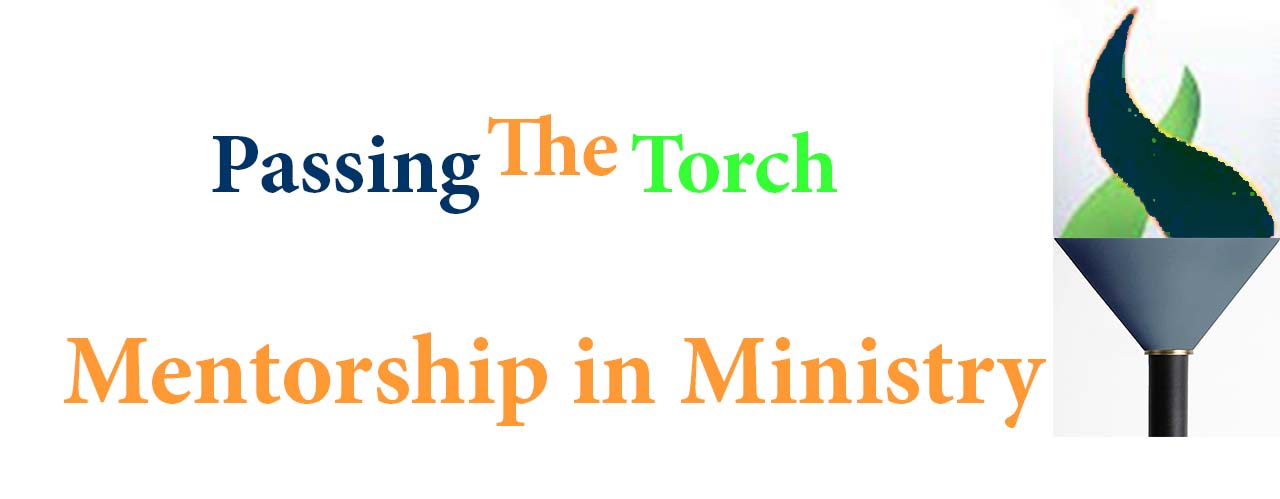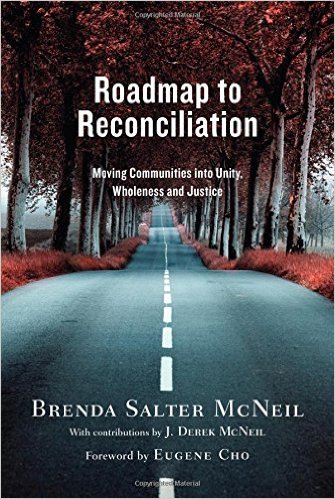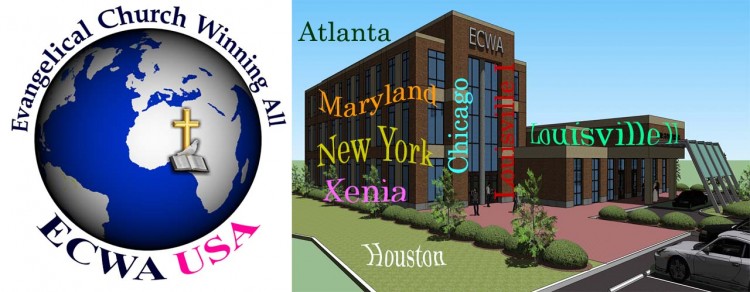by William N. Downie IIIIf intentional effort to pass the torch of ministry by training up those to follow is not taken by Christians, then in one generation the Church will be ill-equipped to survive at best, and dead at worst (Liberty University Senior Honors Thesis, https://digitalcommons.liberty.edu/honors/335/).
Mentorship is a key function of the Church. If intentional effort to pass the torch of ministry through mentorship is not taken, then in one generation the Church will be dead or crippled. Though much has been written on mentorship, most have approached the topic by matching their methods with biblical teaching rather than starting in the Bible and developing their methods from it. A search for examples of mentorship that exist in the Old and New Testament will synthesize to form methods and principles which biblical characters used. These methods and principles are evaluated and then contextualized for the modern Christian to form a foundation which can be used as a strong basis for the creation of any mentorship program. The Need Raising up leaders in the next generation is crucial to the survival of any group, and especially to the Church. If intentional effort to pass the torch of ministry by training up those to follow is not taken by Christians, then in one generation the Church will be ill-equipped to survive at best, and dead at worst. Because of the enormous weight that rests on the matter of mentoring the next generation of Christians, the topic should be seriously considered. Christians have published thousands of books and articles wrestling with the matter of mentorship; however, few are products of exegesis (drawing out a message first from Scripture),1 but rather eisegesis (reading one’s own desired meaning into Scripture).2 Fewer yet are products of a survey of the entirety of Scripture’s teaching on mentorship, but rather a case study of one particular instance. As such, there is a need to add such a collection of research to the field of biblical mentorship. The Solution Because of a lack of coverage elsewhere, there is a need to research how to train the next generation of Christians to follow in ministry. Looking for biblical principles from a purely biblical evaluation of various portions of both the Old and New Testaments is the best way to make up this deficit in research. After this, it will be easier to synthesize timeless methods and principles for mentorship and examine how the principles can be used in both a positive and negative sense. If followed, these biblical methods and principles will be able to inform Christians in ministry how to effectively pass the torch of ministry to the next generation of Christian leaders. Framing the Issue For almost 2000 years the church of Jesus Christ has existed as a beacon in a dark world leading people to Christ. However, church buildings are not what have made a difference in the world for centuries. People have made the difference; it has been the Church Universal, or all who genuinely have saving faith in Christ. This importance placed on people is consistent with Jesus’ initial commands to the original Church to be salt and light to the world (Matt. 5:13-16 HCSB)3 and to make disciples of all nations (Matt. 28:18-20). While this command is clearly made to the entire Church for all time, the question over how to do this best does not have a clear answer. Throughout church history, Christians have employed different methods to mentor other believers. Out of a desire to serve God in the most efficient way possible, the question of how to do this best has arisen countless times. As a divinely inspired manual for life, the Bible has of course been consulted for direction in this dispute. Unfortunately, there is no place in the Bible which makes a definitive claim regarding how to train up the next generation of Christians. However, there are examples given of mentors in the Bible from whose success we can learn positive lessons. In addition, there are people who did not do well in mentoring others, from whom we can learn negative lessons. Clarification The Bible contains many examples of what people today would consider mentorship. However, the concept of mentorship is a modern American idea. Thus, there is no truly biblical definition of mentorship because that word is not in the ancient Hebrew or Greek vernacular. To make the matter more difficult, when there are instances of people in the Bible who seem to be effective mentors, their mentorship is rarely a primary (or even secondary) focus of the overall biblical narrative. Thus, biblical examples which speak directly to mentorship are almost non-existent, if not entirely so. Because of this, people involved in church ministries often develop a method of mentorship which works for them and then look to the Bible for proof-texts. That eisegetical approach will not be used here. Rather, the purpose is to find examples in Scripture which fit a modern definition of mentorship and then uncover what principles, positive and negative, contribute to the matter of mentorship. One definition for mentorship is that mentorship is “a relational experience through which one person empowers another by sharing their wisdom and resources.”4 A more encompassing definition of mentorship is that mentorship is “an intentional and appropriately reciprocal relationship between two individuals, a younger … and an older, wiser figure who assists the younger person in learning the ways of life.”5 Parks is reserved in who she attributes the title of mentor to, but recognizes that mentors are people who show recognition, support, challenge, inspiration, and accountability to their mentee.6 Thus, different types of relationships can become mentor relationships if properly conducted. This means that subcategories of mentorship exist such as teacher-student relationships, parent-child relationships, friend-friend relationships, coach-athlete relationships, discipleship relationships, etc. To avoid becoming exclusive, the primary focus of this thesis will be mentorship in general, with brief mention of specific areas of mentorship only briefly being mentioned when they arise in the text. However, a more sizable section will be devoted to discussing discipleship in the Gospels because of the ease in ascertaining significant application of discipleship principles for all areas of Christian mentorship. Also, as God incarnate, Jesus is the most worthy mentor from whom we can learn effective techniques. 1Walter A. Elwell and Barry J. Beitzel, Baker Encyclopedia of the Bible (Grand Rapids, MI: Baker Book House, 1988), 55. 2Ibid. 3Unless otherwise noted, all biblical quotations will come from the HCSB translation. 4Tim Elmore, Lifegiving Mentors: A Guide for Investing Your Life in Others (Duluth, GA: Growing Leaders, Inc., 2009), 2. 5Sharon Daloz Parks, Big Questions, Worthy Dreams: Mentoring Emerging Adults in Their Search for Meaning, Purpose, and Faith (San Francisco, CA: Jossey-Bass, 2011), 165. 6Parks, Big Questions, 167.



 by
by 


